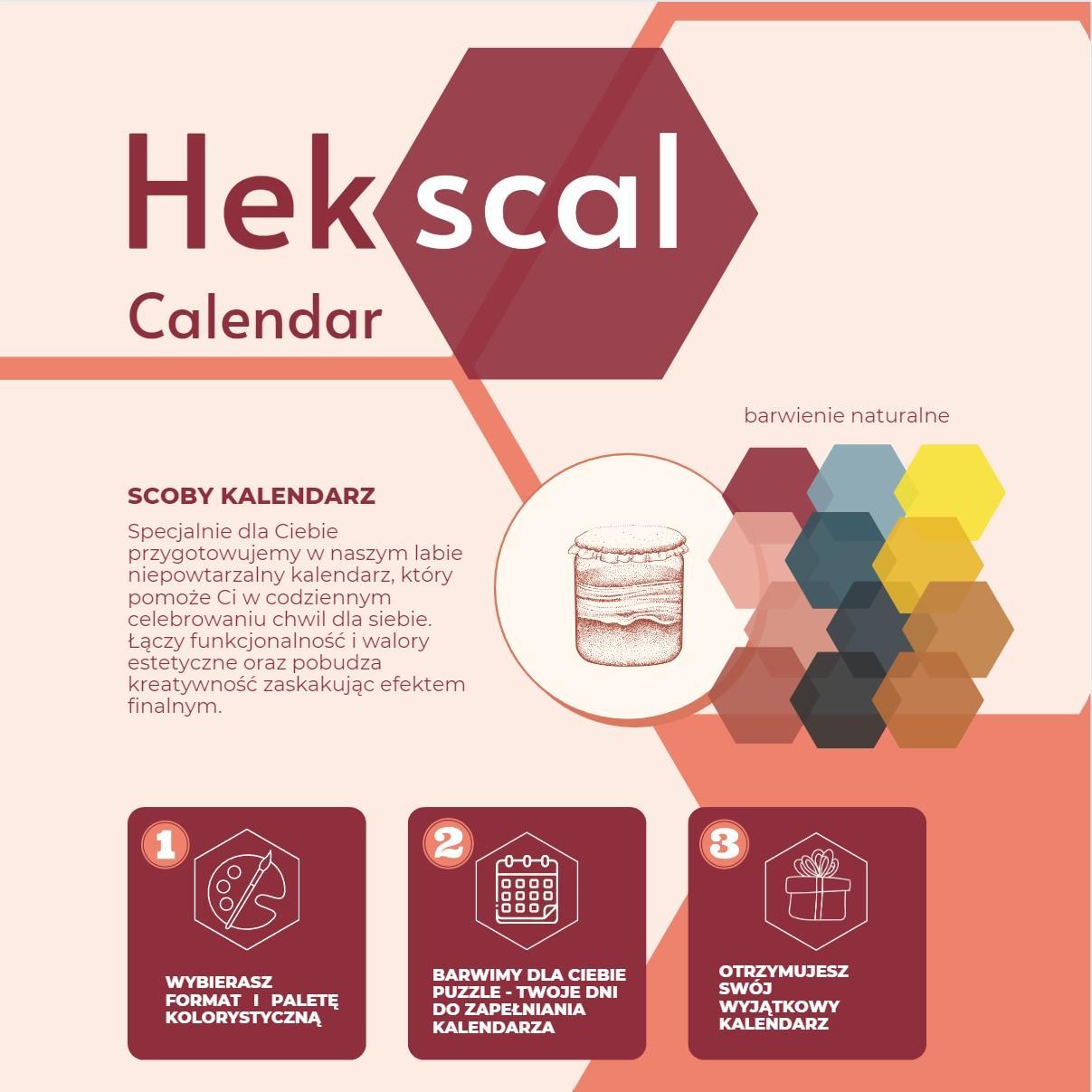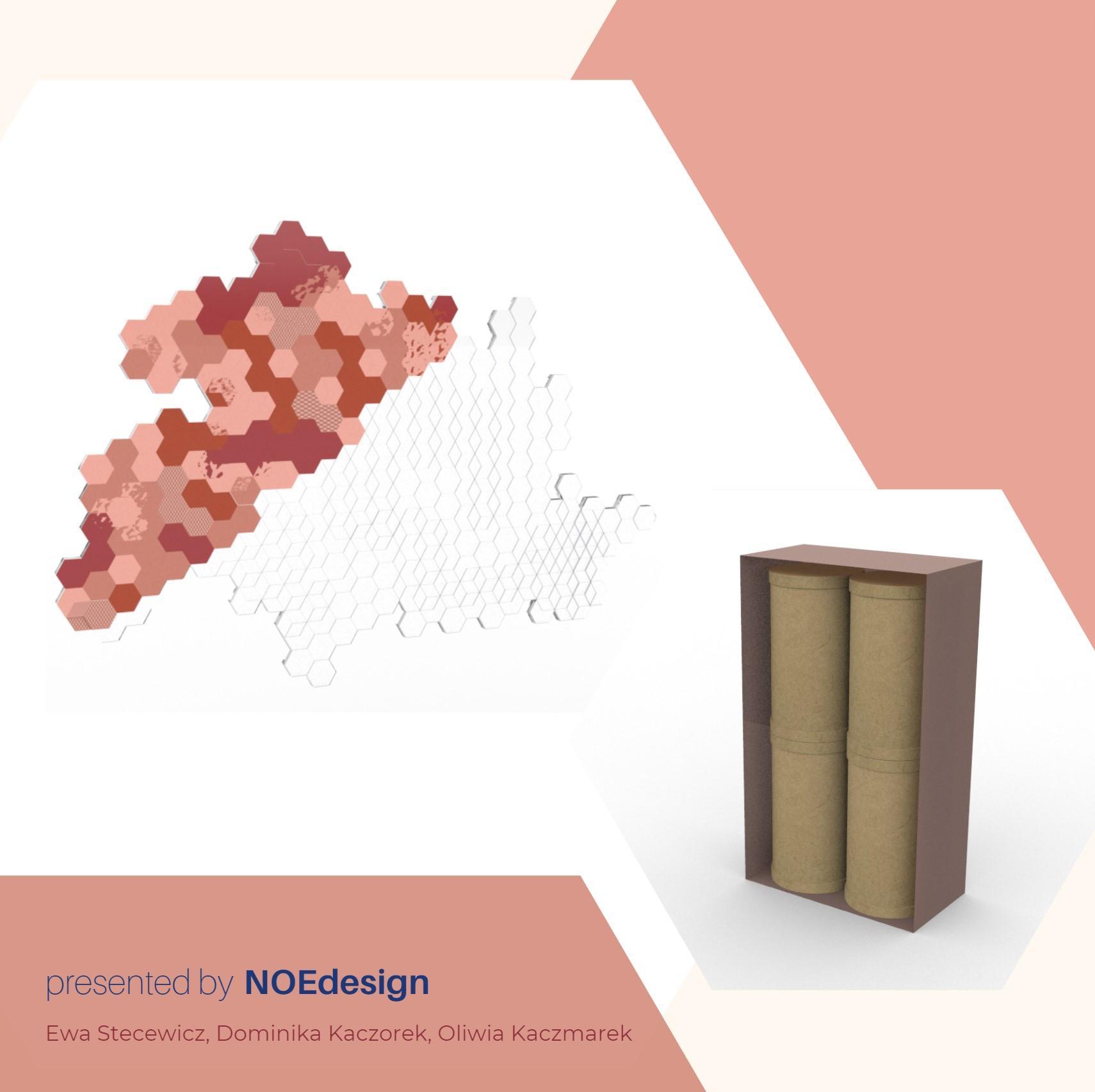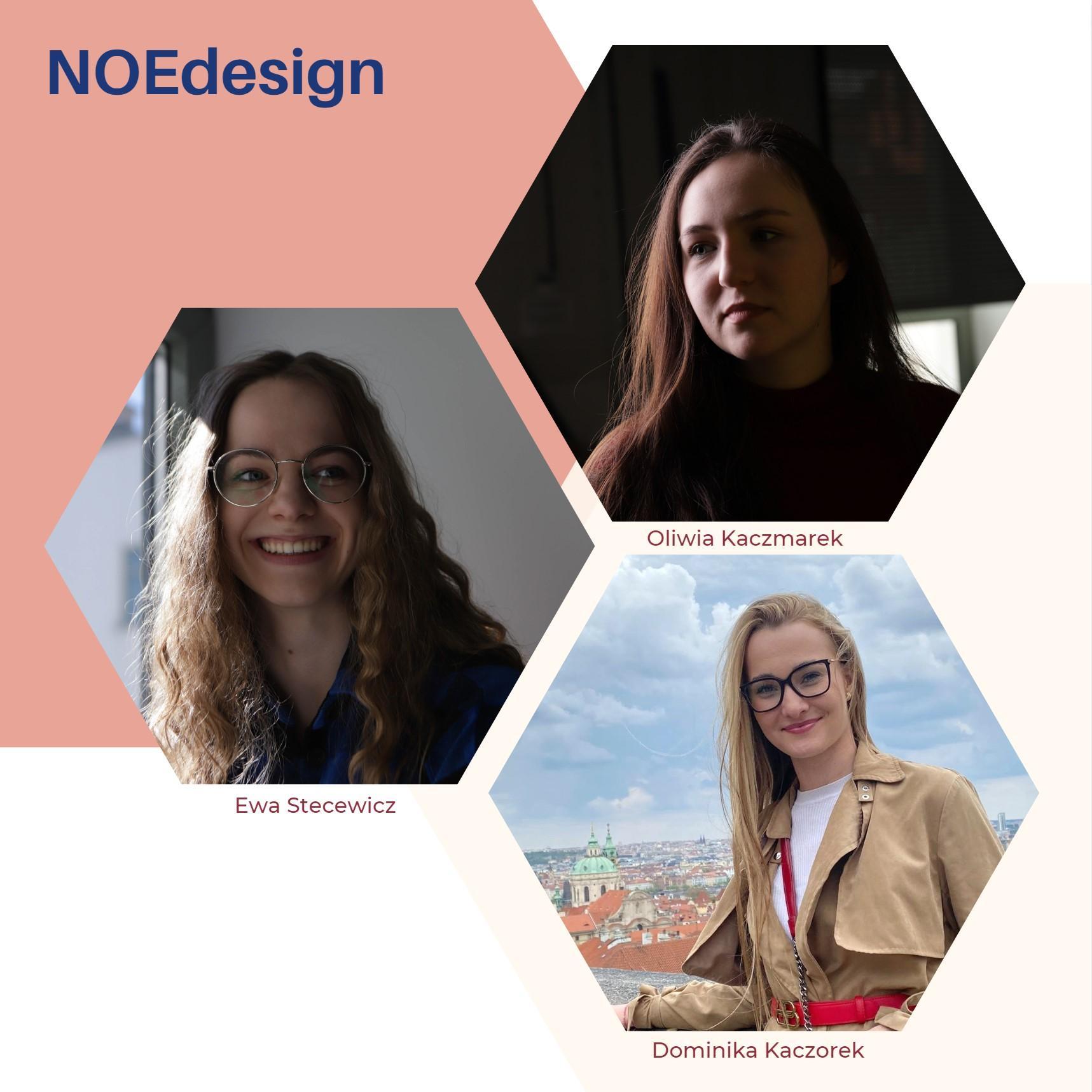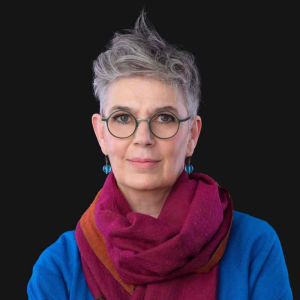On your marks, get set, design!
The EcoFashion Hackaton was a joint effort between SWPS University, Budapest Metropolitan University, Fashion Revolution Czech Republic and the non-profit organization Slovak Eco Quality. The competition, combining fashion and business, launched on May 15.
The initial phase proved to be a rigorous test, as teams of three raced against the clock to come up with an idea of an item and a plan to market it. Within a mere 24 hours, participants were tasked with designing a sustainable product using innovative materials. Firstly, they had to choose and meticulously describe one of two ideal customer personas. Secondly, they had to propose a prototype of a time-measuring device.
Five teams from each partnering country, representing Poland, Hungary, Czech Republic and Slovakia, took part in the EcoFashion Hackaton. Each Polish team included talented students from SWPS University and showcased out-of-the-box designs in response to the pressing call for eco-responsibility:
- Design with Nature (Polish: Projektowanie z Naturą) – a watch designed utilizing leather alternative made of mycelium
- Hekscal Calendar – crafted using SCOBY, Symbiotic Culture of Bacteria and Yeast, derived from the preparation of sour foods and beverages like kombucha
- Mycase – a smartphone case crafted from mushroom-derived material
- Essential oil diffuser tailored for men
- Lamp utilizing color psychology
Three time winners!
Four teams, one from each country, advanced to the international finals, which took place on May 26. Polish representatives from NEOdesign, Ewa Stecewicz and Oliwia Kaczmarek, School of Form students, and Dominika Kaczorek, student at Siedlce University of Natural Sciences and Humanities, won the entire competition.
 Infographic illustrating the Hekscal Calendar
Infographic illustrating the Hekscal Calendar
 Infographic illustrating the Hekscal Calendar
Infographic illustrating the Hekscal Calendar
 Hekscal Calendar designers – members of NOEdesign team
Hekscal Calendar designers – members of NOEdesign team
Through meticulous brainstorming and in-depth analysis of all emerging ideas, our team arrived at an innovative concept: a unique calendar tailored for people who value both aesthetics and functionality in their daily lives. The essence of the Hekscal Calendar lies in its simplicity: the gradual addition of a distinct piece made of SCOBY, a completely biodegradable material that dissolves in water. We dyed it with natural pigments, so that, over the course of 365 days, the calendar becomes an individual work of art. It is a flexible concept of personalized timekeeping—the calendar can be started at any moment. We created a model of our product, its visual design and a packaging prototype. Furthermore, we outlined a business plan, marketing strategy, balance sheet and sales forecast. We also surveyed our friends to fine-tune our design and meet the needs of potential consumers. Our efforts were recognized on three levels. We succeeded in the national preliminary rounds, and our concept resonated with the audience and received the most likes on the EcoFashion Hackaton Facebook profile. However, our biggest achievement was winning the second, international stage of the competition.
Oliwia Kaczmarek
NEOdesign team member
The talented students were mentored by experts from SWPS University, including Dorota Kabała, M.A., Agnieszka Golińska, Ph.D. and Anita Basińska, Ph.D.
Watch the EcoFashion Hackaton Award Ceremony:
Scoby: a versatile wonder
The innovative potential of scoby, a remarkable sustainable material, had been showcased before. Two years ago, Róża Rutkowska, graduate of SWPS University’s School of Form, had ingeniously employed scoby to craft cutting-edge packaging material.
Learn more about her design
Study design at SWPS University and change the world!
The philosophy of School of Form is rooted in human-centered design, that takes into account the needs of individuals, communities, and the environment. Our unique program of study, which combines elements of design, humanities and social sciences, has been developed by a team of experts, led by Lidewij Edelkoort, a former Director of the Design Academy Eindhoven.
Within our Faculty of Design in Warsaw, students have access to a comprehensive infrastructure thoughtfully tailored to their requirements: a pottery studio, carpentry workshop, digital lab, sewing workshop, drawing workshop, dyeing and screen printing workshop, modelling studio, , as well as a dedicated student workspace, multiple computer labs, and an area for instructors.
We help our students unlock their full creative potential and inspire them to dream big. They not only learn how to design products, but also acquire skills in various manufacturing techniques and product preparation. Additionally, our future designers develop fundamental business skills and the art of networking with business partners. When they graduate, they are ready to change the world for the better.

Program
Design
School of Form
full-time
Warsaw
Bachelor’s degree
Review